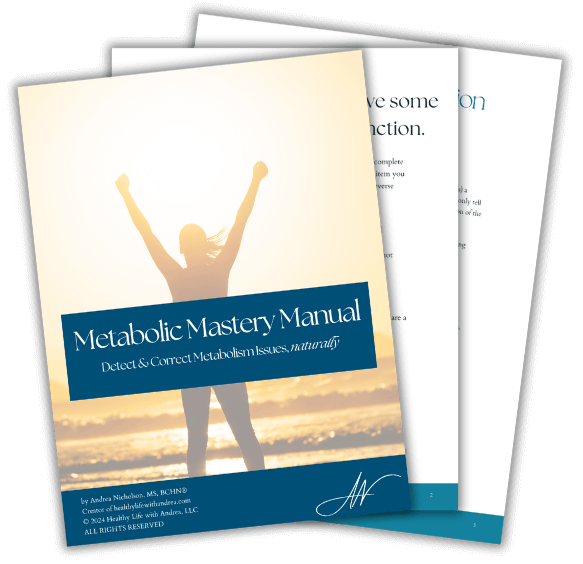Unlock Your Body's Potential for Healing and Reversing Insulin Resistance Naturally
Discover a personalized, hands-on approach to functional health consulting that empowers you to live your best, healthiest life—without unnecessary medications.
Unlock Your Body's Potential for Healing and Reversing Insulin Resistance Naturally
Discover a personalized, hands-on approach to functional health consulting that empowers you to live your best, healthiest life—without unnecessary medications.
From Crime Scene Investigator to Functional Health Pro...
When conventional medicine failed to address my health challenges (and actually made them worse), I took matters into my own hands.
From Crime Scene Investigator to Functional Health Pro...
When conventional medicine failed to address my health challenges (and actually made them worse), I took matters into my own hands.
Leveraging my skills as a former crime scene investigator, I dove deep in identifying the underlying causes of my advancing heart disease, accelerated arterial age, chronic constipation, stubborn weight, and low energy.
What I found was insulin resistance and gut imbalances were contributing to metabolic dysfunction and inflammation.
Armed with the knowledge of the real problem, I implemented targeted protocols to reverse those conditions.
And I did.
Now, I'm here to guide you on your journey to optimal health.
Leveraging my skills as a former crime scene investigator, I dove deep in identifying the underlying causes of my advancing heart disease, accelerated arterial age, chronic constipation, stubborn weight, and low energy.
What I found was insulin resistance and gut imbalances were contributing to metabolic dysfunction and inflammation.
Armed with the knowledge of the real problem, I implemented targeted protocols to reverse those conditions.
And I did.
Now, I'm here to guide you on your journey to optimal health.

Get access to the exclusive high level tips, tools, resources, event invites, and life-changing information by joining this email list.
No spam here. Just helpful, insightful, educational, and empowering information to help you life your best life naturally.
You can unsubscribe at any time.

Do you have chronic condition like insulin resistance, prediabetes, type 2 diabetes, or hypertension?
Download the free Metabolic Mastery Manual to learn how you can reverse these conditions naturally.

Get access to the exclusive high level tips, tools, resources, event invites, and life-changing information by joining this email list.
No spam here. Just helpful, insightful, educational, and empowering information to help you life your best life naturally.
You can unsubscribe at any time.

Do you have chronic condition like insulin resistance, prediabetes, type 2 diabetes, or hypertension?
Download the free Metabolic Mastery Manual to learn how you can reverse these conditions naturally.

Copyright Andrea Nicholson





